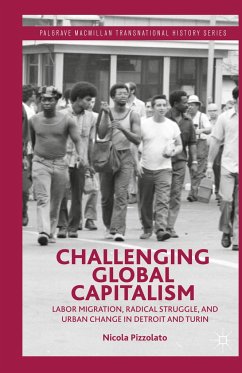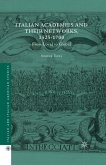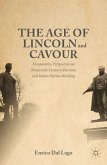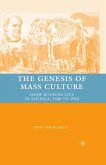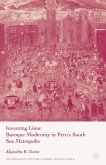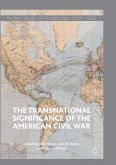In the 1950s, 1960s, and 1970s, Detroit and Turin were both sites of significant political and social upheaval. This comparative and transnational study examines the political and theoretical developments that emerged in these two "motor cities" among activist workers and political militants during these decades.
"A tale of two (motor) cities, a tale of two industries, a tale of two immigrant groups, southern Italians and southern African-Americans and their struggle in the era of the rise and fall of Fordist production - and all told with remarkable scholarship and passion. A vindication of the transnational approach." - Donald Sassoon, author of One Hundred Years of Socialism: The West European Left in the Twentieth Century "For anyone who seeks to understand postwar migrations, the evolution of Fordist production, and the politics that informed and upended each, Nicola Pizzolato's new transnational study of ordinary people's challenges to the burgeoning global capitalism of the twentieth century is essential reading. Not only does Pizzolato shine important new light on the rich relationships that existed between, and the vibrant protests that were waged by, workers and activists in both Italy and the United States, but he also makes clear that their shared critique of capitalist exploitation shaped the cities, workplaces, and political possibilities of the twentieth century in ways we all must bear in mind when considering our future." - Heather Ann Thompson, Associate Professor of History, Temple University, USA

